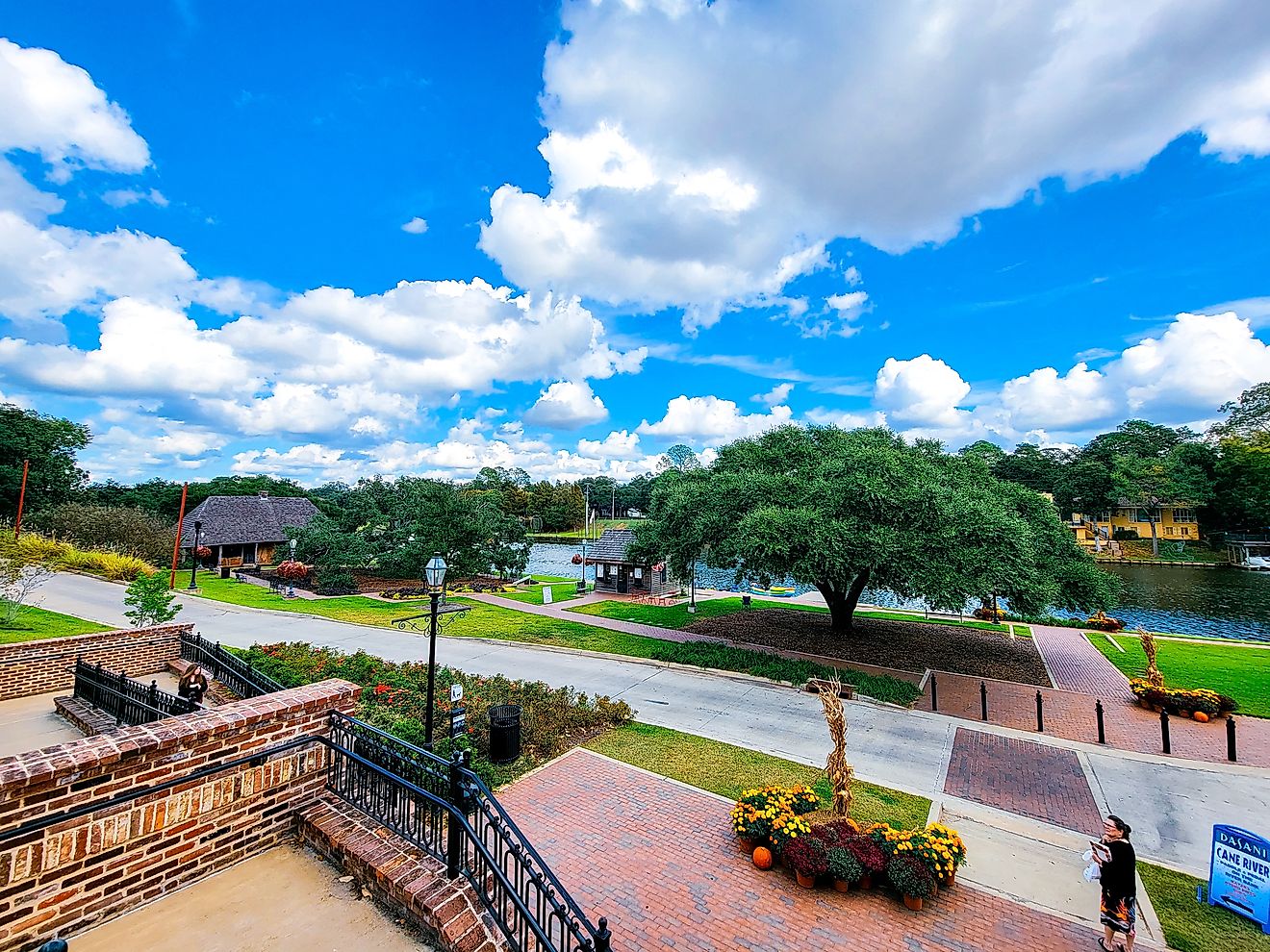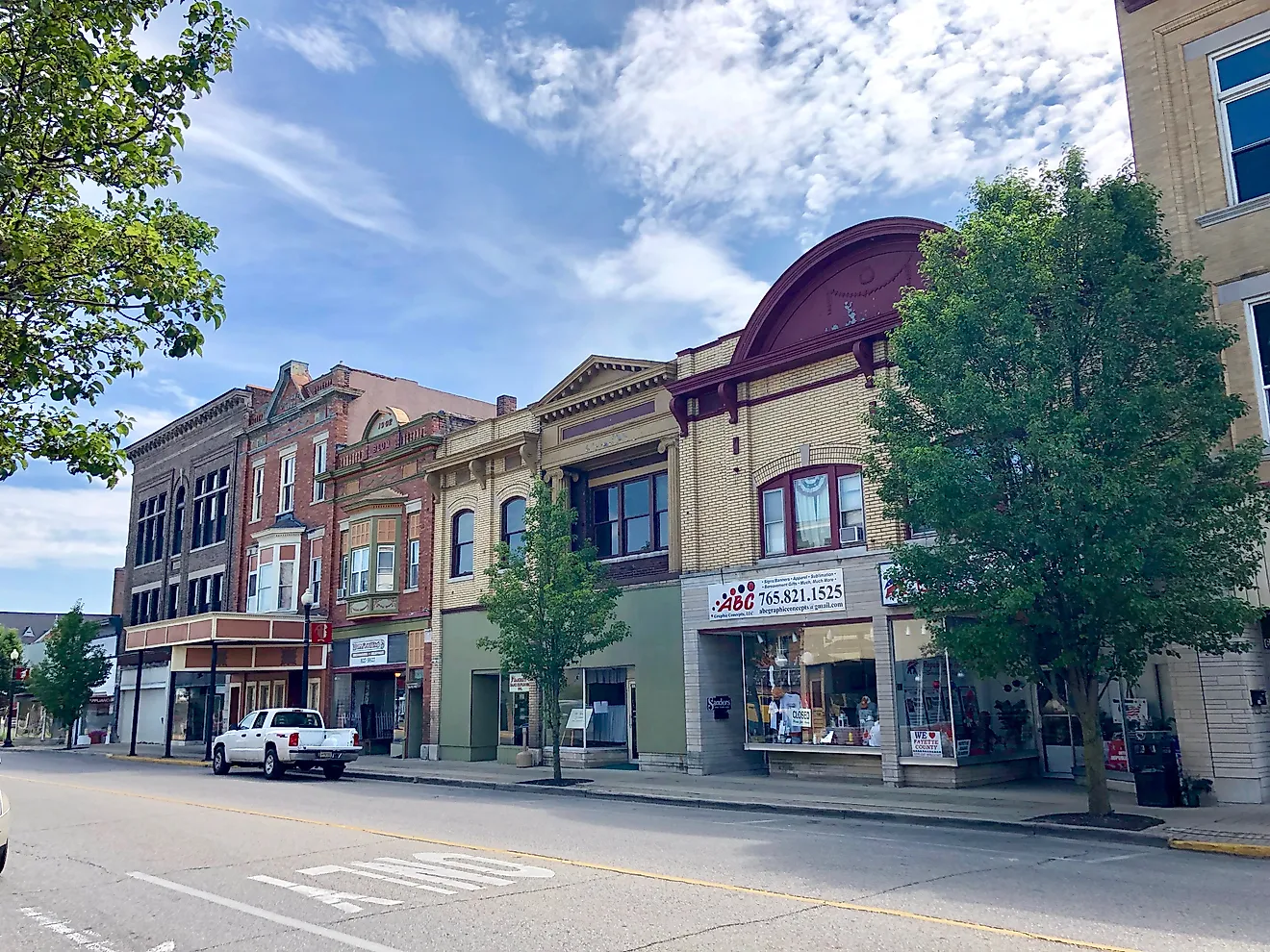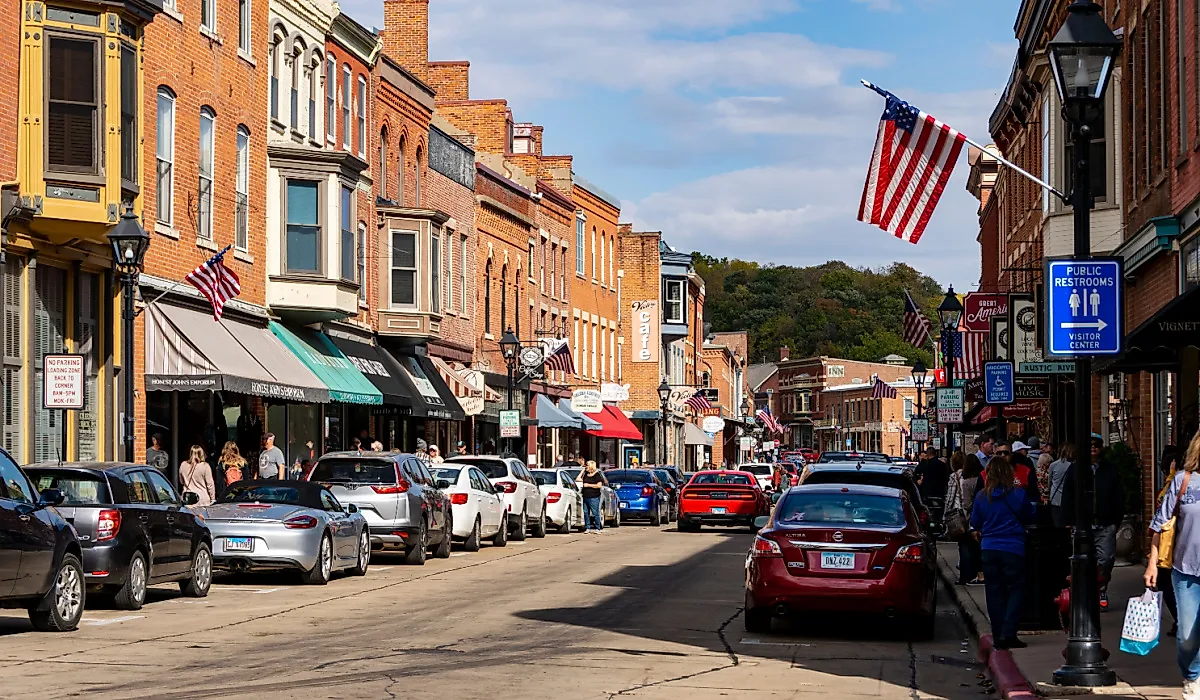
This Nevada Town Is Older Than the State Itself
When the trailblazing founders of the oldest town in what would become Nevada decided to rename their outpost, their thoughts turned to arguably one of the greatest explorers of all, Christopher Columbus. Born in Genoa, Italy, Columbus so inspired the settlers with his resilience, daring, and discovery, that they named the place in his honor.
Genoa’s earliest residents were pioneers, homesteaders, ranchers, farmers, and Gold Rush prospectors. They were looking for new lives, new worlds, and, just like Columbus, they planted the seeds that would grow into something far more significant - a territory that would become the 36th state in a nation made possible by the great Genoese explorer himself.
A History of First Chapters

Founded in 1851, the community was originally a trading post that came to be called Mormon Station by explorers, trappers, and other migrants stopping for provisions on their way through, due to the fact that most of the men running the station were Mormons. Four years later, the town was renamed Genoa and its importance to the region grew rapidly.
With its strategic location at the base of the Sierra Nevada mountains in what is today known as Carson Valley, it was a key stop on the Central Overland Route. Its inventive residents helped lay a foundation for the future state’s institutions, including its government, judiciary, and press. Genoa is even the birthplace of Nevada's first newspaper, The Territorial Enterprise, which began publication in 1858, six years before Nevada became a state. For a short period, Genoa was actually the capital of the territory, until the seat of government was moved to Carson City in 1861.
Frontier Spirit

Genoa’s founding father was John Reese, a pioneer and entrepreneur from Salt Lake City who led a party of a dozen wagons into what was then part of the Utah Territory. His trading post offered rest, supplies, and a modicum of civilization to travelers making the difficult crossing over the Sierra Nevada mountains on their way to California. At first, the outpost was a simple lean-to structure, which was soon upgraded to a log cabin with a corral. While Reese is credited with founding the original outpost, it was Orson Hyde, an elder in the church and a probate judge, who officially changed its name.
Genoa’s biggest challenge came in 1910, when a fire destroyed two blocks downtown and several homes. But just as its original settlers had survived the long march across arid land to create a thriving outpost in the wilderness, the people of Genoa rallied to rebuild. A few years later, the community needed streetlights, and so a fundraising campaign began, called the Genoa Candy Dance, which enticed couples to come out for a night of entertainment, featuring a dance, candy samples, and a midnight supper. The event did the trick, and became a yearly tradition with proceeds going to pay the electricity costs to keep the lights on. It eventually became the Genoa Candy Dance Arts & Crafts Faire, and this celebration of triumph, community, and resilience remains one of the region’s most popular seasonal festivals. Today, the September event includes the traditional dinner, dance, and homemade candies, plus an arts and crafts fair with hundreds of local vendors.
In addition to the Candy Dance, the town draws visitors to Western Heritage Days, a springtime event that showcases Genoa’s pioneering past and vibrant future. Concerts on the Green fills the summer air with beautiful music, and the Genoa Americana Celebration lights up the sky with fireworks on July 4. In December, this rugged western outpost becomes a holiday wonderland with caroling, tree lighting, and other seasonal festivities during Christmas in Genoa.
From Mark Twain to John Wayne

Despite its small population of approximately 1,200 residents, there is plenty to see and do in Nevada’s oldest town any time of the year.
Mormon Station State Historic Park features a replica of the original trading post, along with a museum that brings Genoa’s earliest days to life. Another place to explore the region’s history is the Genoa Courthouse Museum, which includes exhibits on Native American history, the Pony Express, and frontier life. Visitors enjoy replicas of an old-fashioned courtroom, parlor, and post office.
Beyond its history as the first settlement and birthplace of the state’s first newspaper, Genoa is proud to be the site of the Nevada’s first bar. The Genoa Bar and Saloon opened its doors two years after the town’s founding. Over the decades, it has reportedly served up spirits to an array of iconic figures, from Teddy Roosevelt and U.S. Grant, to Mark Twain, Johnny Cash, and Raquel Welch, who left a souvenir hanging from a rack of antlers on the wall. The saloon has also starred in several Hollywood movies. “The Shootist” with John Wayne, “Misery” with James Caan, and “Honky Tonk Man” with Clint Eastwood all feature scenes filmed at the location.
After taking in Genoa’s rich history and pop culture claims to fame, hungry tourists often gravitate to The Pink House, where an extensive menu is paired with musical entertainment. Housed in a rose-colored Gothic Revival-style building, this hub for fun, dining, and community events is listed in the National Register of Historic Places.
Natural Beauty

Just a short, scenic drive to the west over the Sierra Nevada lies the crystal-blue playground of Lake Tahoe, one of the largest alpine lakes in North America. Genoa itself is a recreational outpost for outdoor enthusiasts. From almost any vantage point, visitors enjoy panoramic views, from the verdant Carson Valley to snow-capped mountain peaks. Unlike Nevada’s famously dry expanses, Genoa is alive with abundant flora and fauna. Farms, ranches, and orchards dot the landscape, and the seasons bring real changes in colors and climates.
Hiking and biking trails crisscross the valley and wind through mountain passages. Topaz Lake, the Carson River, and an assortment of pristine streams and ponds provide great opportunities for anglers seeking to hook rainbow, German brown, or cutthroat trout. To the south is David Walley’s Hot Springs, a resort founded in 1862 that features relaxing mineral water welling up from deep within the Earth.
An iconic frontier town with an indomitable spirit, Genoa is a place of firsts. Pioneers founded the territory’s first non-Native permanent settlement and the first capital here. They published Nevada’s first newspaper and sidled up to its first bar. Genoa remains so authentic it has served as a natural stage for some of Hollywood’s great Old West films. Like the explorer who inspired its name, Genoa is adventurous, independent, and original — a cornerstone of American history.











